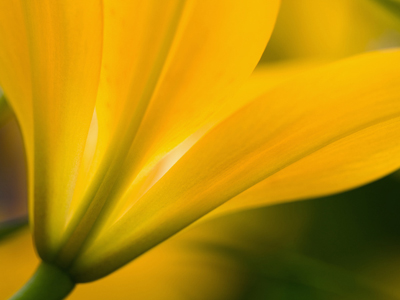
Macbeth - Extract 1
This is the first of two GCSE English Literature extract questions for William Shakespeare's Macbeth. It takes place during the first act of the play, after Duncan has honoured Macbeth with the title of Thane of Cawdor. Here we see how Lady Macbeth reacts to her husband’s news as well as to the imminent arrival of the King. Duncan intends his visit to be received as a gracious act, a bestowal of honour upon suitably loyal and grateful subjects. Instead Macbeth and his wife see the visit as a unique opportunity to advance their own ambitions and to seize power. Read the passage through at least twice before tackling the questions. When answering, pay close attention to details while also bearing in mind the themes of the play as a whole.
How to answer an extract question in an exam:
When approaching an extract question in an exam, always read through the passage more than once.
Reading the passage the first time, you should try to develop a general understanding, considering especially how the extract relates to the question or questions you will be answering. While reading through the second time, you can begin to pay closer attention to details, making annotations as you read. Think about reasons why this specific passage has been chosen: what is its significance? Can you describe how it relates to the rest of the text? Where does it fit in the plot or the structure of the text? Which significant characters or themes are introduced or developed? What happens next? Are future events foreshadowed? Is there any reason why the extract ends where it does? What significance can you see in its final line?
Consider also the question you have been asked to answer. Are you expected to discuss the mood and atmosphere of the extract, a theme, or a particular character? Or will you be writing about dialogue, behaviour or feelings? Compare your notes and annotations to the expectations of the question, considering how the evidence from the text can be used in your answer. Remember to explain the passage’s immediate context: what has already happened by this point in the text? How do these prior events relate to the events which take place in the extract? Think about setting and characterisation. As you write, try to group related ideas together, but be sure that your answer discusses the entire passage. Careful use of time will enable you to produce a thorough answer rather than one which only discusses part of the passage in detail while neglecting the remainder.
Read the passage below carefully before answering the questions.
LADY: The raven himself is hoarse
That croaks the fatal entrance of Duncan
Under my battlements. Come you spirits
That tend on mortal thoughts, unsex me here,
And fill me from the crown to the toe, top-full
Of direst cruelty. Make thick my blood,
Stop up th’access and passage to remorse,
That no compunctious visitings of nature
Shake my fell purpose, nor keep peace between
Th’effect and it. Come to my woman’s breasts,
And take my milk for gall, you murdering ministers,
Wherever, in your sightless substances,
You wait on nature’s mischief. Come thick night,
And pall thee in the dunnest smoke of hell,
That my keen knife see not the wound it makes,
Nor heaven peep through the blanket of the dark
To cry, “Hold, hold”.
Enter MACBETH
Great Glamis, worthy Cawdor,
Greater than both, by the all-hail hereafter,
Thy letters have transported me beyond
The ignorant present, and I feel now
The future in the instant.
MACBETH: My dearest love,
Duncan comes here tonight.
LADY: And when goes he hence?
MACBETH: Tomorrow, as he purposes.
LADY: O never
Shall sun that morrow see.
Your face, my thane, is a book, where men
May read strange matters; to beguile the time,
Look like the time, bear welcome in your eye.
Your hand, your tongue; look like the innocent flower,
But be the serpent under’t. He that’s coming
Must be provided for; and you shall put
This night’s great business into my dispatch,
Which shall to all our nights and days to come,
Give solely sovereign sway and masterdom.
MACBETH: We will speak further.
LADY: Only look up clear;
To alter favour ever is to fear.
Leave all the rest to me.
William Shakespeare Macbeth (Bloomsbury, 2015)
Ready for more?
not all...
quizzers. Try to win a coveted spot on our Hall of Fame Page.







